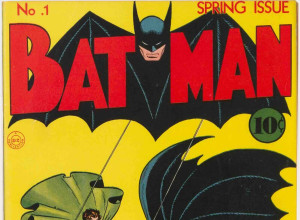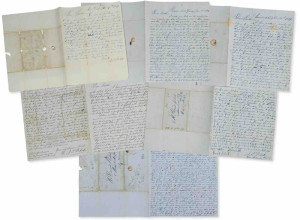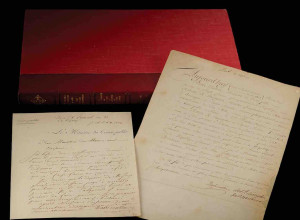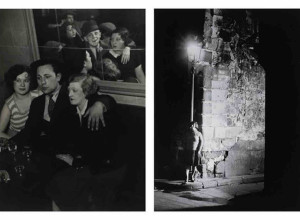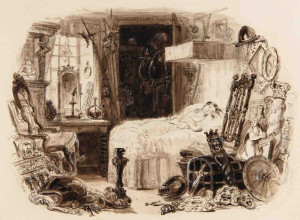Caveat Emptor: or some thoughts on ethics and online book buying

You finally found it! That long sought after first edition or that great out of print novel. Photos of the book look great; the description good. You place your order, wait, and it shows up. Opening the box, you find nothing like the book described. After trying to contact the seller for weeks, you finally get a response, letting you know you can return the book at your own cost and they will issue a refund, eventually.
Welcome to the Internet, where books once hard to find can be located with a few clicks, and anyone can set themselves up to sell books online. This has introduced a host of problems ranging from misdescribed books, shipping issues, to a confusing range of prices, meaning that who you buy from matters.
Not everyone plays by the rules. According to Morgan Brynnan, Independent Online Booksellers’ Association Secretary, and rare book dealer at uncommon-works.com, some sellers copy descriptions from other sellers, or steal their copyrighted photos, placing them with their own (different) listing. There are "phantom listers" otherwise known as "bookjackers:” companies who harvest the listings of other sellers and sell them as their own. They use an algorithm to radically increase the price and list the books, despite having no stock themselves. They often supply vague, boilerplate descriptions of edition and condition, or steal the true seller’s thorough description. There is no guarantee the buyer will receive the exact book they purchased, and often there is little recourse for those buyers.
So, who to trust? Look for trade association logos next to the seller’s listing and be confident in your purchase.
One such association, the IOBA (Independent Online Booksellers’ Association), was established in 1999. It strives to combine the highest values of traditional bookselling best practices with opportunities offered by online bookselling. A code of ethics was developed by which all members abide, requiring sellers to have clear terms, conditions, and return policies, as well as clear descriptions of the books they sell. IOBA’s policy of guaranteed customer satisfaction is backed up with their Book Buyer’s Bill of Rights. This ensures customers of IOBA members can trust they will be treated fairly in every transaction.
IOBA Education Committee Chair Christine Volk, who runs bookfever.com, notes, “In addition to online selling requiring careful and comprehensive descriptions, it’s important for a bookseller to have a generous, simple return policy. Return policies are often set by online marketplaces. Still, many booksellers will go beyond those policies with a ‘return for any reason’ policy. The IOBA code of ethics specifies that if the return is due to bookseller error, the seller needs to pay for return postage as well as giving a refund. A generous refund creates a sense of trust and does not lead to more returns.”
Buyers can be confident about IOBA members’ credentials. Booksellers are vetted by the membership committee before being allowed to join. In the rare event of an unresolved dispute between buyer and seller, customers may contact the IOBA. Disputes are sent to the ethics committee for resolution. Once a decision is made, members must abide by it or face expulsion. Visit www.ioba.org for more information.
The IOBA doesn’t battle problems of internet selling ethics alone. Bookseller associations such as the ABAA and ILAB also keep standards high. These organizations welcome collegiality, because working together benefits everybody. “In the broadest sense,” says Chris, “there is no difference between ethical online bookselling and ethical bookselling. Ethics are ethics and can be summarized as treating your customers the way you would want to be treated.”








